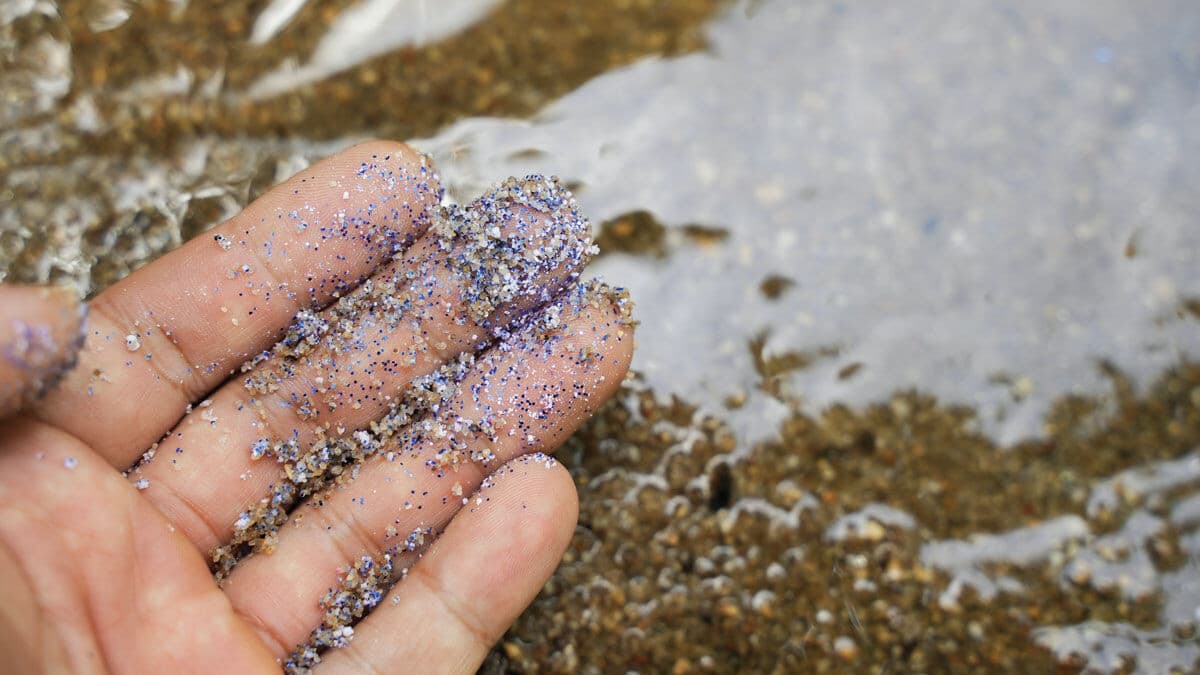
Microplastics are disrupting photosynthesis in plants, threatening our food yeild
What's the story
A recent research has found that microplastics—tiny plastic particles less than five millimeters in size—are disrupting the process of photosynthesis. Photosynthesis is a vital process that sustains nearly all life on Earth. In simple terms, it's how plants, algae, and some bacteria use sunlight to create their own food. The study was published in the Proceedings of the National Academy of Sciences USA. It sheds light on how these pollutants are affecting one of Earth's most critical life forms—plants.
Crop impact
Microplastics found to affect photosynthesis in various plant species
The study revealed that microplastics are disrupting photosynthesis across a broad spectrum of plant species, including important food crops. It was found that between 4% and 14% of the world's staple crops like wheat, rice, and maize are being lost due to these pervasive particles. Marine scientist Marcus Eriksen of the 5 Gyres Institute, who was not involved in the study, called this scenario "really scary."
Data analysis
Researchers quantify impact of microplastics on photosynthesis
To quantify the reduction in photosynthesis caused by microplastics across ecosystems, the researchers analyzed a comprehensive dataset of 3,286 records. They estimated that this reduction could cause an annual loss of 109.73 to 360.87 million metric tons (MT) for crop production and 1.05 to 24.33 MT for seafood production. Microplastics can reduce photosynthesis by as much as 7 to 12%, on average.
Potential solutions
Reduction in microplastic levels could mitigate losses
The study found that reducing current environmental microplastic levels by 13% could mitigate these losses by 14.26 to 46.91 MT in crops and 0.14 to 3.16 MT in seafood. The researchers emphasize the need for effective plastic mitigation strategies and provide insights for international researchers and policymakers to safeguard global food supplies amid the growing plastic crisis.